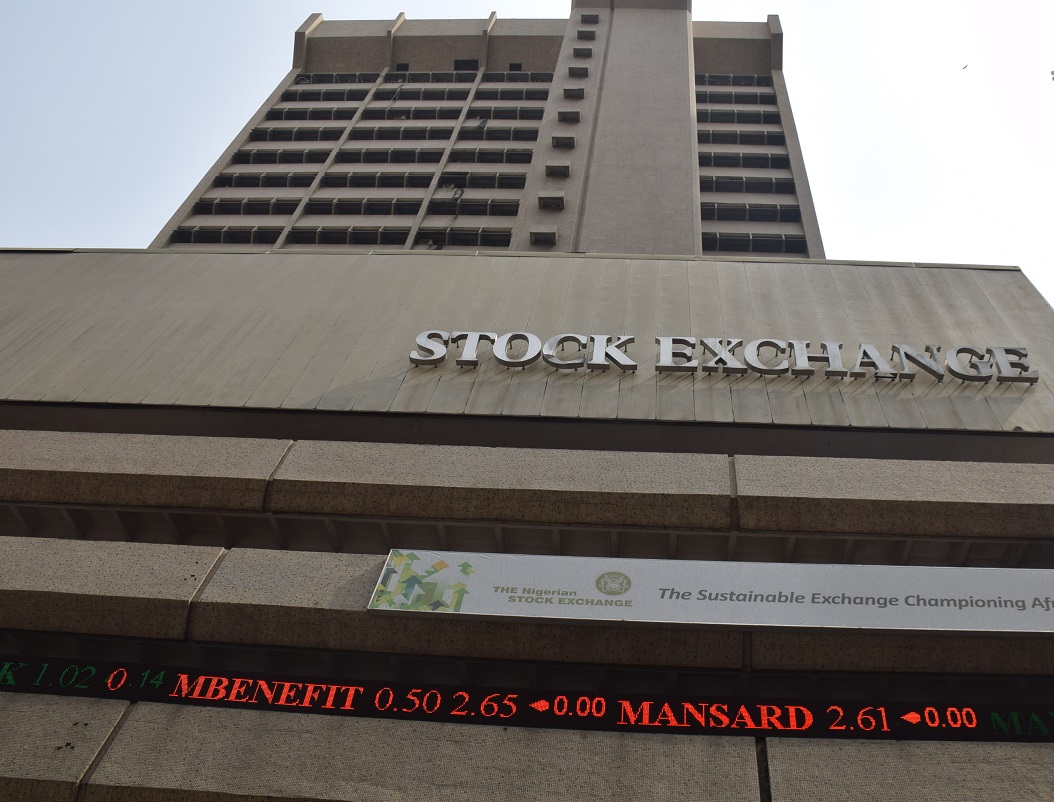Nigeria’s capital markets stand at the threshold of transformation. As Africa’s largest economy and a key regional financial hub, Nigeria has the opportunity to build a resilient and inclusive capital market that can fund long-term economic growth. However, persistent structural inefficiencies, regulatory overlaps, infrastructural deficits, and public distrust have hampered its full potential. Strengthening capital market operations thus demands more than mere piecemeal reform, it requires a harmonised blueprint that synthesises global best practices with contextual realities.
This article presents an integrated framework, addressing the legal, regulatory, infrastructural, institutional, and macroeconomic pillars necessary for a high-performing capital market.
Legal foundations and regulatory strengthening
A transparent and effective legal framework is the cornerstone of any credible capital market. Nigeria’s Investments and Securities Act (ISA), Companies and Allied Matters Act (CAMA), and the Securities and Exchange Commission (SEC) Rules and Regulations provide the structural underpinnings for market conduct, corporate governance, and investor protection. However, laws are only as effective as their enforcement mechanisms.
Advertisement
Strengthening the independence and operational autonomy of the SEC is essential. This includes allowing it to retain a percentage of market-generated revenue to ensure reliable funding and bolster its technical and surveillance capabilities. Regulatory overlap between the SEC, the Central Bank of Nigeria (CBN), the Corporate Affairs Commission (CAC), and the National Insurance Commission (NAICOM) should be addressed through legal harmonisation to reduce compliance burdens and enhance regulatory clarity.
Critically, Nigeria must align its regulations with international standards such as those of the International Organisation of Securities Commissions (IOSCO) and International Financial Reporting Standards (IFRS). Doing so not only standardises market behaviour but also attracts cross-border investment.
Infrastructure modernisation and market integration
Advertisement
A strong capital market cannot thrive without modern infrastructure. Trading, clearing, and settlement systems must be efficient, secure, and interoperable. Nigeria’s current systems, though improving, still face latency, outages, and limited integration. Transitioning to real-time settlement systems (T+1 or even T+0), enhancing coordination between the CSCS and the CBN’s RTGS system, and investing in redundant data centres are critical.
Consolidating the equity and debt markets into a unified digital platform will further streamline transactions and reduce operational redundancies. Moreover, the development and regulation of central counterparties (CCPs), robust disaster recovery systems, and mandatory cyber-resilience protocols, backed by the Cybercrimes Act and the Data Protection Act, are essential to safeguard market integrity.
Deepening liquidity and investor access
Market liquidity is the lifeblood of any capital market. Measures such as securities lending, tax incentives for long-term holdings, and a robust market-making regime must be prioritized. Broadening participation through retail-friendly reforms, like reducing stamp duties, improving dividend processing, and simplifying account onboarding, will democratise access and stimulate trading volumes.
Advertisement
Nigeria’s vast pension and insurance assets remain largely untapped as long-term capital pools. Policy adjustments to enable their more active participation in equities and infrastructure projects can drastically improve market liquidity and stability.
Professionalism, capacity building, and ethical conduct
The competence and integrity of market participants, lawyers, brokers, analysts, fund managers, and corporate executives have a direct impact on market credibility. The SEC’s licensing regime, continuing professional development requirements, and the role of the Nigerian Capital Market Institute (NCMI) in operator training are crucial. However, more must be done to instil ethical behaviour, ensure accountability, and eliminate conflicts of interest.
Professional associations must enforce disciplinary codes with zero tolerance for misconduct such as insider trading or price manipulation. By elevating professional standards, investor trust is reinforced and market abuses are deterred.
Advertisement
Investor protection and literacy
Trust is the invisible currency that powers the capital market. While KYC and AML laws exist, retail investors are frequently exposed to opaque fees, inadequate grievance redress mechanisms, and poor financial education. Simplified investor dashboards, an online ombudsman for complaints, and mass-market financial literacy campaigns, delivered in local languages, are overdue.
Advertisement
When Nigerians from every demographic can grasp the basics of market instruments and risks, market participation will rise organically, strengthening both volume and depth.
Product diversification and innovation
Advertisement
Nigeria must move beyond an equity-heavy market to embrace diversified instruments. The promotion of Islamic finance products like Sukuk, green bonds, infrastructure debt securities, and derivatives can cater to a broader investor base and meet evolving financing needs. Regulatory clarity over digital assets and crowdfunding platforms, as reflected in the SEC’s 2022 Rules, is a welcome development. However, greater coordination is needed to balance innovation with risk containment.
Regulatory sandboxes that allow fintechs to pilot services under supervision, combined with real-time surveillance powered by AI and machine learning, will support both creativity and oversight. Additionally, a strong national cybersecurity framework, backed by white-hat hacker bounties and regular penetration testing, will protect the integrity of digital transactions.
Advertisement
The role of monetary and fiscal policy
Monetary policy exerts a powerful influence on capital markets. Interest rates, inflation targeting, liquidity management, and exchange rate regimes all affect investor sentiment. The unpredictability of monetary and fiscal measures, such as abrupt subsidy removals or FX policy shifts, creates volatility and deters long-term investment.
Consistent macroeconomic policy, transparent debt management via the DMO, and targeted tax incentives for retirement and infrastructure-linked instruments will signal stability and attract sustainable capital inflows. Coordinated policy direction between the CBN, the ministry of finance, and the SEC is essential.
Litigation, dispute resolution, and market confidence
Litigation, when timely, fair, and predictable, reinforces market discipline. Delays, political interference, and ambiguous judgments undermine investor confidence and distort outcomes. Strengthening the judiciary’s technical capacity on capital market issues and promoting alternative dispute resolution mechanisms such as arbitration and mediation are essential.
The judiciary must evolve into an effective guardian of the market, swiftly resolving disputes involving shareholder rights, insider dealings, and regulatory violations. Predictable legal outcomes bolster confidence and encourage capital inflow.
Transparency, data, and surveillance
Data transparency is non-negotiable in a credible market. A centralised, publicly accessible data repository that tracks market performance, trading volumes, settlement lags, and capital flows will enhance investor decision-making, aid academic research, and support regulatory foresight.
Advanced surveillance tools should be deployed to detect irregular trading patterns, combat insider trading, and prevent manipulation in real time. A data-driven SEC will inspire greater trust and pre-empt systemic shocks.
Conclusion
Nigeria’s capital market holds transformative potential, but unlocking it requires disciplined execution, regulatory synergy, and unwavering political will. The reforms outlined above, drawn from global best practices and rooted in domestic legal frameworks, constitute a blueprint for action. This is not an abstract wish list; it is a pragmatic call for coordinated, sustained, and courageous reform.
With a legal foundation anchored in investor protection, institutions armed with professional excellence, infrastructure geared for speed and resilience, and a regulatory culture that prizes clarity over opacity, Nigeria’s capital markets can evolve from fragility to strength. When executed with integrity, these measures will not merely weather volatility; they will finance the next phase of Nigeria’s growth and prosperity.
Shittu is a senior advocate of Nigeria (SAN) and law lecturer at the University of Lagos (UNILAG).
Views expressed by contributors are strictly personal and not of TheCable.











